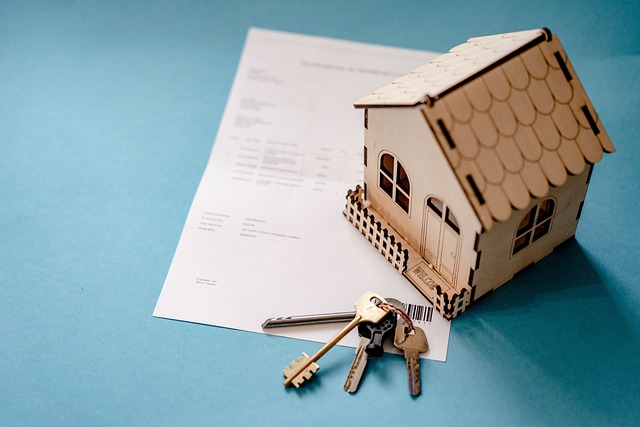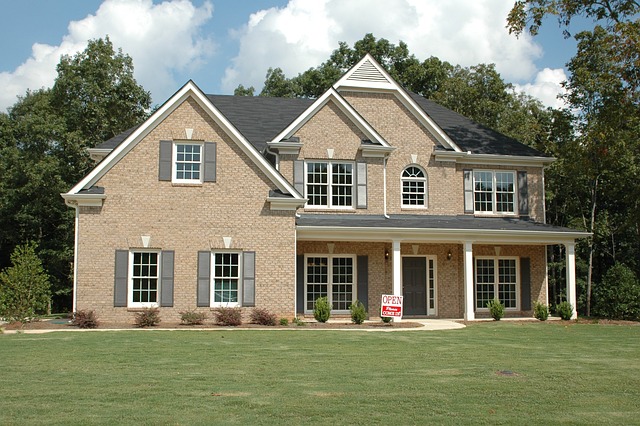The cost of an Executive Condominium (EC) in Singapore varies based on location, size, market demand, and development maturity. ECs are designed for middle-income families as a step between public HDB flats and private condominiums, offering a balance of affordability and sophistication. Mature estates like Ang Mo Kio and Bishan typically have higher prices due to their amenities and transport connectivity, while emerging towns like Tengah and Sembawang offer more affordable options. The initial cost of an EC is more economical than private condos, with eligibility for purchase based on income limits and available grants. Over time, as ECs age, they often appreciate in value, making them a promising long-term investment, especially in desirable areas that comply with HDB's occupancy standards. The resale market for ECs is vibrant, with prices generally trending upwards. To navigate the EC market effectively, prospective buyers should research past and current market trends and consider future financial plans alongside the specific benefits and constraints of the chosen location. Understanding these factors will help in making an informed decision that aligns with both investment goals and lifestyle preferences within the unique Singaporean property landscape.
Exploring the cost dynamics of HDB Executive Condos (ECs) in Singapore presents a unique perspective on local housing markets. This article delves into the financial aspects, from initial purchase to resale value, offering insights into the affordability and investment potential of ECs. Understanding the factors influencing EC prices and their varying implications across different locations is crucial for prospective homeowners considering this housing option. Join us as we navigate the cost landscape of Singapore’s Executive Condos, shedding light on long-term investment prospects and the considerations that come with owning an EC in this vibrant city-state.
- Understanding the Cost of Executive Condos (ECs) in Singapore: Factors and Estimates
- Breaking Down the Financials: Cost Implications of Buying an EC in Various Locations
- Long-Term Investment Potential and Resale Considerations for Executive Condo Owners in Singapore
Understanding the Cost of Executive Condos (ECs) in Singapore: Factors and Estimates

When considering the cost of an Executive Condominium (EC) in Singapore, potential homeowners must weigh various factors that influence pricing. The ECs, which are a hybrid of public and private housing, cater to the needs of couples and families looking for a property with greater affordability compared to private condos, yet with more sophisticated facilities than traditional HDB flats. The price of an EC is determined by several elements, including its location, the size of the unit, market demand, and the maturity stage of the project at the time of purchase.
Location plays a pivotal role in the cost of an EC. Units situated in mature estates or within proximity to city centers and MRT stations tend to command higher prices due to their convenience and desirability. Additionally, the size of the unit is a significant factor; larger units with more bedrooms typically cost more than smaller ones. Market trends also affect pricing, with supply and demand dynamics impacting the overall cost landscape for ECs. Prospective buyers should consider the age of the development as well; newer launches may come with higher price tags due to their modern facilities and finishes. It’s advisable to conduct thorough research, considering past and current EC launches, to gain a comprehensive understanding of the cost range one might expect for an Executive Condo in Singapore. Understanding these factors can help potential buyers make informed decisions tailored to their financial capacity and housing preferences.
Breaking Down the Financials: Cost Implications of Buying an EC in Various Locations

When considering the purchase of an Executive Condominium (EC) in Singapore, understanding the financial implications is paramount. Prospective buyers must delve into the cost of ECs across different regions to make an informed decision. The cost of an EC can vary significantly depending on its location. For instance, ECs situated within mature estates like Ang Mo Kio or Bishan often come with a higher price tag due to their well-established amenities and proximity to transport nodes. In contrast, newer towns such as Tengah or Sembawang may offer more competitive pricing, making them attractive options for those looking to balance cost with the convenience of living close to city centers. The pricing disparities are influenced by factors such as demand, infrastructure development, and the availability of nearby amenities like shopping centers, schools, and public transport. Prospective buyers should assess the cost of ECs in these areas against their budget and long-term financial plans, considering resale values and the potential for capital appreciation. The affordability aspect is a significant draw for first-time homeowners who qualify for an EC but wish to upgrade from a Housing & Development Board (HDB) flat without the restrictions that apply to public housing. By carefully analyzing the cost of Executive Condos in Singapore’s various locations, buyers can identify opportunities that align with their financial objectives and lifestyle aspirations.
Long-Term Investment Potential and Resale Considerations for Executive Condo Owners in Singapore

The Housing & Development Board’s (HDB) Executive Condominium (EC) scheme in Singapore presents a unique housing option for middle-income families, offering a blend of public and private housing benefits. For long-term investors, the EC model offers an appealing proposition due to its competitive pricing when compared to pure private condos. The Cost Of Executive Condo In Singapore is structured to be more affordable initially, with eligibility criteria that include income limits and housing grants for eligible applicants. This affordability makes it an attractive entry point into property ownership for younger couples or families. As the ECs mature, their value often appreciates, making them a potentially lucrative investment over time. The resale market for ECs is particularly dynamic, with resale prices typically increasing as the unit ages, provided it’s located in a desirable area and meets the occupancy criteria set by HDB. For those considering resale, factors such as the EC’s location, the condition of the property, and the remaining lease will significantly influence its market value. Prospective buyers should consider these elements carefully, as they can greatly affect both their initial investment and future resale prospects. Understanding the nuances of the EC resale market is crucial for making informed decisions, ensuring that long-term investment potential aligns with individual financial goals and the evolving property landscape in Singapore.
When considering the investment into an HDB Executive Condo (EC) in Singapore, potential homeowners must weigh the cost implications against the long-term value these properties offer. The article has delved into the multifaceted aspects of EC pricing, highlighting how various factors from location to market trends affect the cost of an EC. Prospective buyers are encouraged to conduct a thorough financial analysis, as outlined in the ‘Understanding the Cost of Executive Condos (ECs) in Singapore: Factors and Estimates’ section, to make informed decisions. Furthermore, the exploration of cost implications across different locales within the ‘Breaking Down the Financials: Cost Implications of Buying an EC in Various Locations’ section provides clarity on the significant role location plays in the overall affordability and future resale value of an EC. Ultimately, the insights into the investment potential and resale considerations for EC owners, as discussed in ‘Long-Term Investment Potential and Resale Considerations for Executive Condo Owners in Singapore’, underscore the importance of a strategic approach to this type of real estate investment. Prospective buyers should carefully consider these factors when deciding on an HDB EC, ensuring they align with their financial goals and investment horizon.
